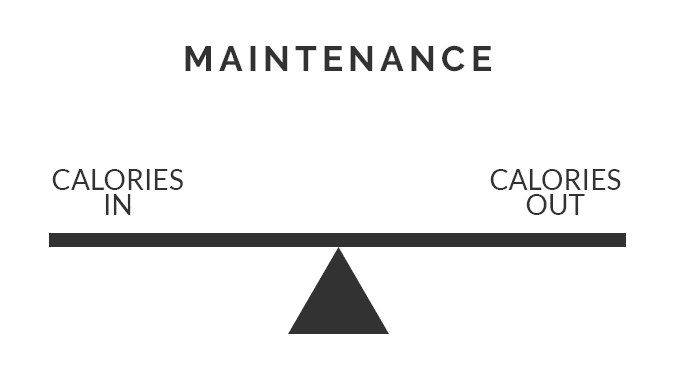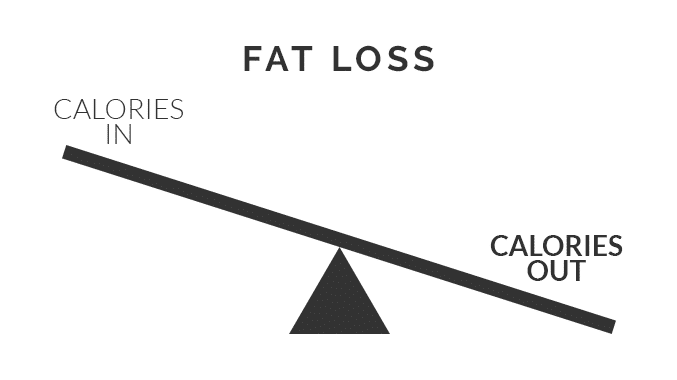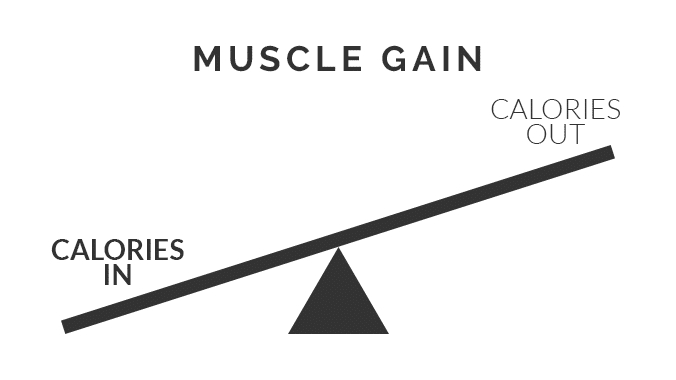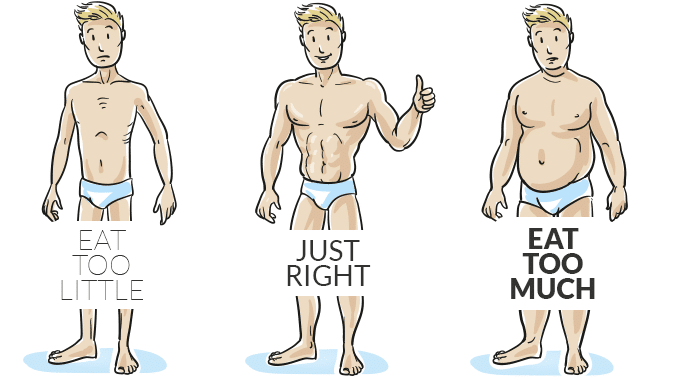Introduction
With all the fitness advice you find on the internet, gaining muscle can be a big ball of confusion.
- Should you eat everything you see or should you be more selective?
- Should you do a clean bulk or is a dirty bulk sufficient?
- How much protein is enough?
- How many meals per day?
- What’s an acceptable rate of weight gain?
In this article, we’ll take a broad look at muscle hypertrophy and distill out the four major MUST-DO factors for muscle gain.
Video
Eat Enough Food
You can’t gain weight if you don’t have enough energy to make new cells.
The concept of energy balance describes our calories ingested vs. calories expended.



When losing weight, we’re essentially starving our bodies of easy-to-get calories, forcing them to burn stored fat.
When gaining weight, we want the OPPOSITE of starvation. We want excess.
Eat Enough Protein
Protein is the single most important macronutrient in our diets. Proteins are responsible not only for creating muscle, but also for maintaining normal cellular function.
Now, “eat enough protein” sounds a lot like “eat enough food”, doesn’t it?
Yes, we’ve established that a surplus of calories is necessary to gain weight, but we also need a surplus of protein to guarantee that we’ll build muscle instead of just fat.
The biggest confusion around protein is “How much protein do I really need?”
Nutrition labels used to assume a daily intake of about 50 grams while assuming the reader was targeting 2000 daily calories.
A more contemporary recommendation is for 0.8 grams of protein per kilogram of body weight for sedentary adults to prevent deficiency. This is inadequate for older adults and active individuals. [cite]
A better recommendation for those targeting optimal health is 2.2 grams of protein per kilogram of body weight (a.k.a. 1 gram per pound of bodyweight). You could likely get away with a slightly lower intake if you need to, for whatever reason.
You should space out this protein evenly between meals to make sure it’s all absorbed [cite].
Train Hard, Often
Overeating is generally unhealthy. So why do we do it when we’re trying to put on muscle?
We need the “money” to spend. Having nutrients lying around allows us to reallocate them on new tissues.
Your training turns excess calories into muscle instead of fat.
If it were up to your body, you would just lie around all day, wasting away all of muscle that burns through your calories. You don’t need a car if you don’t need to leave your home, and you don’t need muscle if you don’t have anything to do.
Hard weight training is essentially torture. It’s a way to interrogate your body, forcing it to keep the muscle around. This stimulus gives us the hormonal response to build muscle.
So train your butt off.
Don’t Get Fat
It’s easy to put on weight, but difficult to put on muscle.
That’s because—like most things—there’s a sweet spot. If you don’t eat enough, you won’t put on weight, but if you eat WAY too much, you’ll get fat.

Now, to be clear, I would be surprised if you didn’t gain any fat when bulking. But I generally don’t recommend eating to gain weight “at all costs”.
The goal of putting on muscle is generally to look better. The more fat you gain during a hypertrophy phase, the more time you have to spend cutting to remove that fat in the future.
Sometimes the goal is to simply be heavier, in which case it’s okay to err on the side of too much food intake. Some examples: American football linemen, sumo wrestlers, or seriously stubborn hardgainers.
Summary
Here are four MUST-DOs when building muscle:
- Eat enough food
- Eat enough protein
- Train hard, often
- Don’t get fat


Add some color to this commentary.